Advice comes to me from all directions – especially nowadays with books, newspaper articles, newsletters via email, blogs, and facebook. I can’t seem to resist at least a glance at what other writers are advising. In many cases my own experience is acknowledged and sometimes, I even learn something new. One of the excuses I use for reading books about writing is that I’ve been leading writing circles for twenty years and want to keep current!
I still have a book called Writing as a Way of Healing: How Telling Our Stories Transforms Our Lives by Louise DeSalvo. It was published in 1999 when I still lived in Guelph, Ontario and reviewed it for Off the Shelf. I especially appreciated the book at that time as I had started offering women’s writing circles just two years before and considered writing a wellness practice.
Louise DeSalvo has a new book called The Art of Slow Writing which I’ve described in a previous blog and reviewed for Story Circle Book Reviews, here. Slow but steady with the emphasis on “steady” is the way to go. I really appreciated DeSalvo’s description of the process journal. Just think, even though I’m not working on my novel at the moment, I could be writing about what I would like to see happen, ask questions, list sources of inspiration including trips over to Gabriola Island where the novel is set.
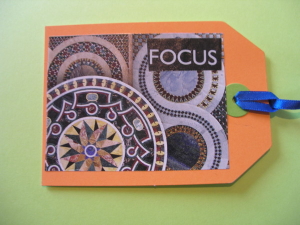 A scan through a newsletter recently introduced me to yet another time-management system. The Pomodoro Technique was developed by Francesco Cirillo in the late 1980s. We weren’t nearly so busy then, were we?
A scan through a newsletter recently introduced me to yet another time-management system. The Pomodoro Technique was developed by Francesco Cirillo in the late 1980s. We weren’t nearly so busy then, were we?
The idea behind the method, says Gina Horkey who wrote a blog about it is, to “stay hyper-focused on a task or subject for a finite period of time – generally about 90 minutes.” Ninety minutes seems a long time to me but attempting to focus for chunks of time seems good advice. The chunks of time are called “pomodori” and each one is known as a “pomodoro.” I rather like the sound of the term.
At the end of 25 minutes, there’s a 5-minute break. At the end of 90 minutes, there’s a half hour break. Gina Horkey gives an example of her 8-hour workday with 12 “defined tasks.” Writing is first and email and social media is later. That all sounds fine but she’s at her computer all day! Even with an hour for lunch and two half-hour breaks, it seems way too much to me.
I like the advice of Kathleen Winter. She’s the author of the amazing novel Annabel and more recently the non-fiction book, Boundless. When she finished writing Annabel in 2010 she nearly lost the use of her legs. Winter started walking the streets of Montreal. She “moved down to Verdun and started getting to know the river: herons and sumacs, willows and wind. Beavers gnawing and ducks upside down in the water and red-winged blackbirds screeching holes in the living daylight. Messages from the wild flying everywhere and into my body, ideas at every turn.”
Trying to keep moving to heal her “ruined legs” she “realized movement might be my new first line of action as a writer: I could write with the body.”
 Winter also knew that writers walked and recalled one of her favourite books as Journals of Dorothy Wordswoth in which Dorothy and her brother cover hundreds of miles of heath.”
Winter also knew that writers walked and recalled one of her favourite books as Journals of Dorothy Wordswoth in which Dorothy and her brother cover hundreds of miles of heath.”
Winter started “using every hour of daylight as my personal body-writing time.” She didn’t need her SAD lamp once November hit, she went waking and had “so many ideas gifted to me by the light and the environs that all I have to do is spend an hour or so standing up at home in the night, scribbling it all down. My legs, after months of this, have come back to me. If ideas or images come too fast when I’m moving about, I write or sketch them in my tiny notebook, standing up, in all weather.”
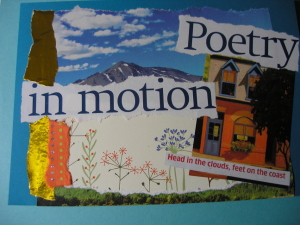 Winter says: “The body is the place where story lives. I guess I just didn’t know until I nearly lost the use of my legs that I have to forget about sitting down in a chair altogether if I want to thrive, both as a writer and as a human.”
Winter says: “The body is the place where story lives. I guess I just didn’t know until I nearly lost the use of my legs that I have to forget about sitting down in a chair altogether if I want to thrive, both as a writer and as a human.”
All of this is good advice and I add to it my favourite advice of all from Lorna Crozier. Crozier who delivered the Margaret Laurence Lecture in Ottawa in 2013 called her lecture “Letters to a Younger Writer” modeled after Rainer Maria Rilke’s Letters to a Young Poet. Here is an excerpt I listened to recently on a podcast:
“When you look back on your life as a writer, what you’ll regret is not the awards that passed you by, the grants you didn’t receive, or the stature of your literary reputation. What you’ll regret is that you didn’t pay attention. When I think of my disregard, my distraction, I ache inside. I’d go back, even to the unhappy times, if I could mark the quality of the light trapped in our high pantry window in the run-down house where I grew up, the lines around my father’s mouth as he drew in the smoke from his cigarette the morning he didn’t go to work and waited, until after breakfast, to tell my mother he’d lost his job. The hundred of stories they passed across the table like salt, in good times and bad, and I let them slip by as if someone else was gathering them for me, keeping them as my mother saved old photos in a shoe box. There is no recompense – nothing you or I can do – except pay attention now. If were asked, right this minute, to draw my husband’s feet, would I get them right?”
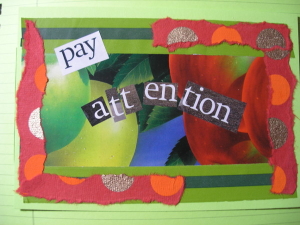 The lecture is in two parts of a podcast on the Writers’ Trust website, here.
The lecture is in two parts of a podcast on the Writers’ Trust website, here.

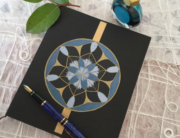

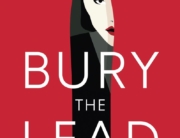


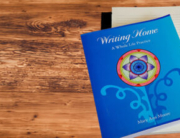

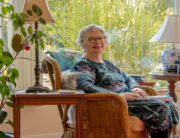



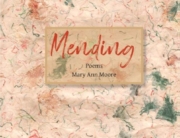

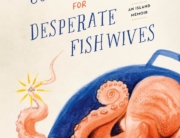
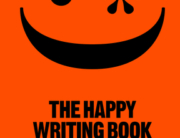

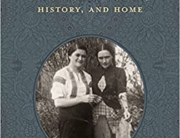
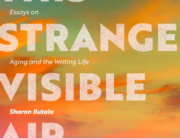

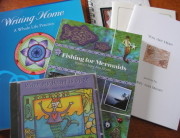
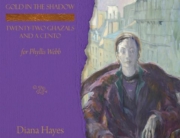


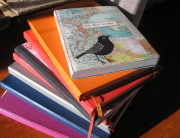
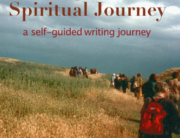

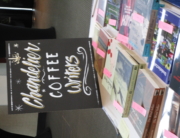
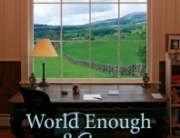
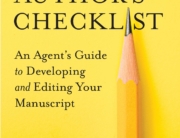
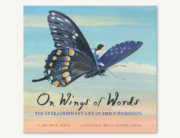


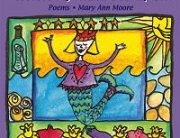
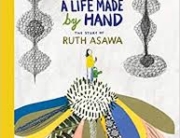
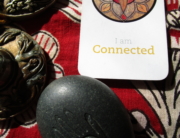


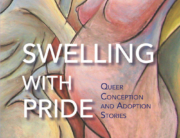

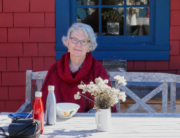
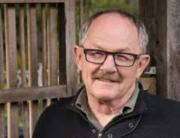
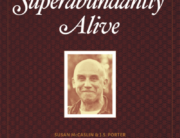
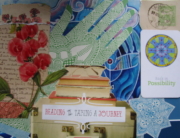
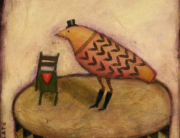
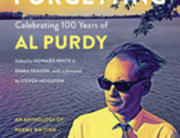
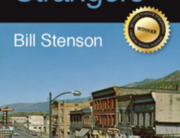
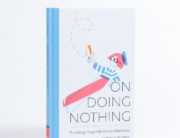



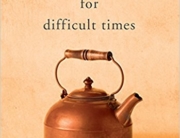

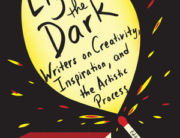

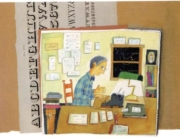






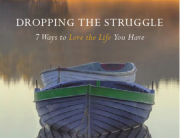


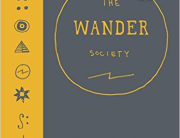







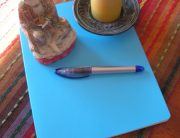


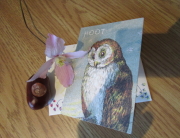


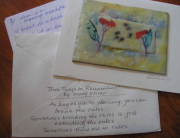




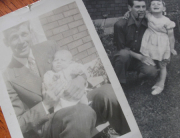



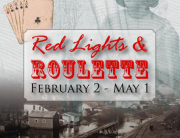
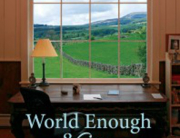
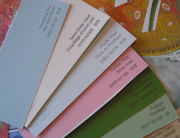



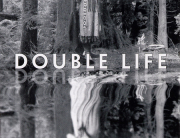

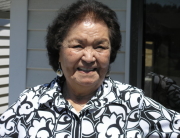
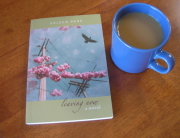




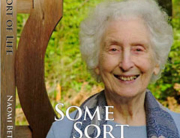

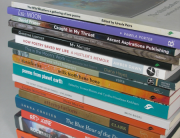

What a fabulous wake-up call for all of us … and I LOVE the collages that you created to go with this!!! Brilliant! ~sarah
Inspiring Mary Ann! I love the colourful images you created and the words of wisdom you have shared. You have put them together beautifully. You have given me some good ideas and of course new books to add to my already long list of good reads. Thanks for the reminder to PAY ATTENTION!